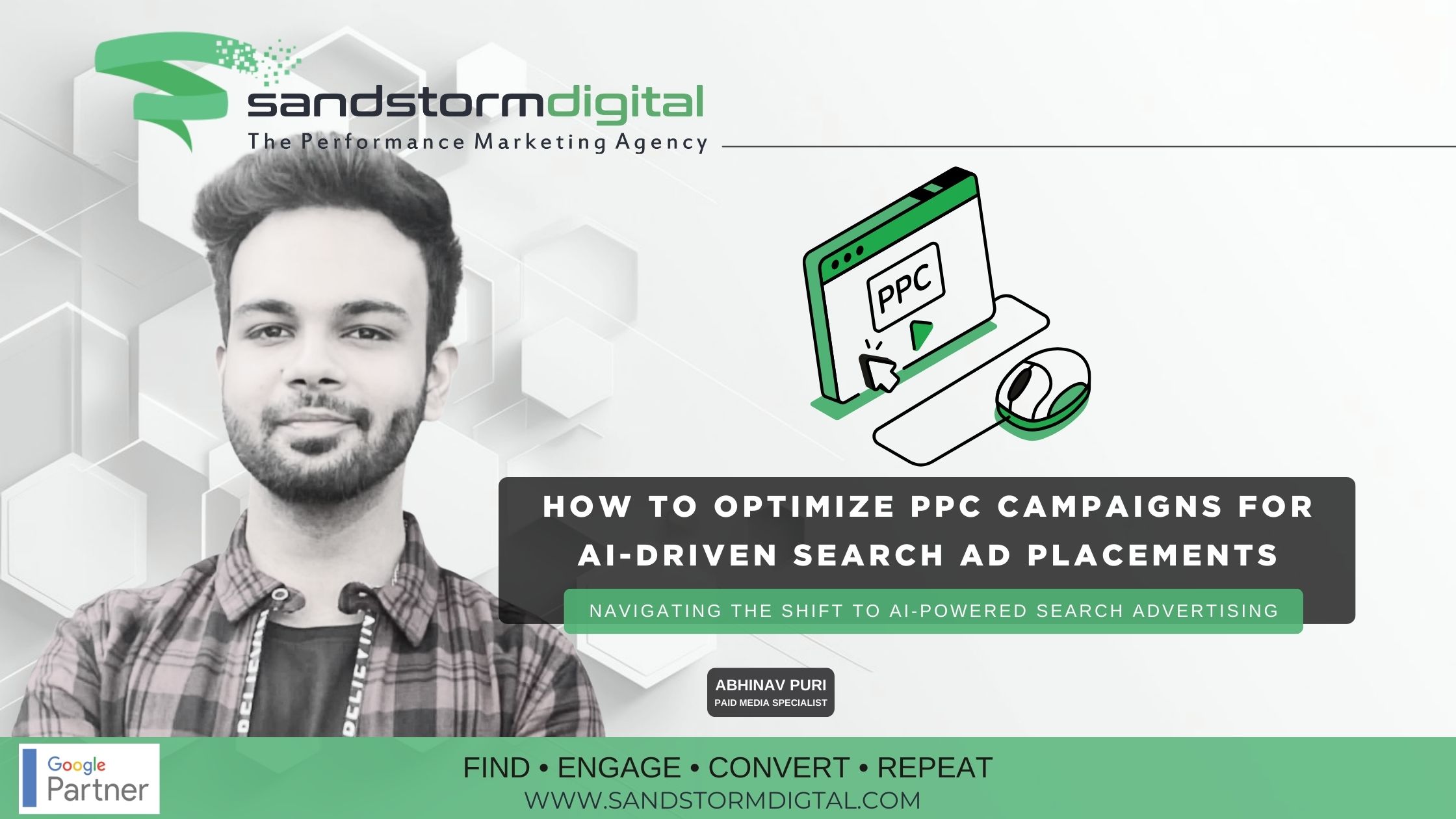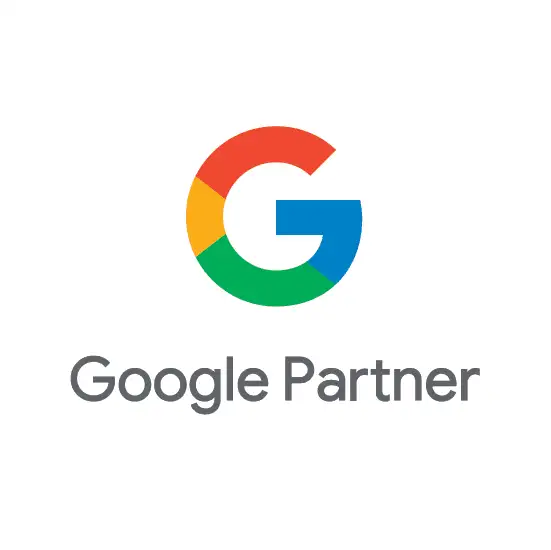The “hreflang x-default” attribute is used in international SEO to indicate the default language version of a page when no other language version matches the user’s language preferences. This is important because search engines use this attribute to determine which version of a page to display in search results for users who don’t speak any of the languages listed in the hreflang tags.
Without the “hreflang x-default” attribute, search engines may have difficulty determining the default language of a page, which can result in incorrect language versions being displayed in search results. This can negatively impact user experience and result in lower click-through rates.
By including the “hreflang x-default” attribute, you are providing search engines with a clear signal about the default language version of your page, which can help improve the accuracy and relevance of search results for users. Additionally, it can also improve your website’s overall international SEO performance, as it helps search engines understand which language versions of your pages to index and rank for different regions and languages.
On May 8th, 2023, Google published a blog to remind marketers of this attribute: How x-default can help you, with the realization that this particular value is underused by sites that utilize hreflang. Adding, that not only does it help rank the right page for the right users, but also:
1. URL discovery
While we don’t talk much about it, the URLs you specify in hreflang annotations, including x-default, may be used for URL discovery. This can be helpful for large sites with complex structures for example, where it’s hard to make sure every localized URL on the site is well linked.
In practice, this means that the href attributes in the following example is extracted and may be scheduled for crawling:
<link rel=”alternate” href=”https://example.com/en-us” hreflang=”en-us” />
<link rel=”alternate” href=”https://example.com/country-selector” hreflang=”x-default” />
2. Conversions
Your goal is very likely to convert in some way the users that land on your pages. Ryte explains conversion as “the result of the occurrence of a desired action that has been defined in advance by the company as a goal”. For instance, when a user lands on your page with an essay about Wuthering Heights, you might count a conversion as having the user read through the majority of your essay. Of course, there are many forms of conversions; you define what your goal is after all.
Google Search Central










